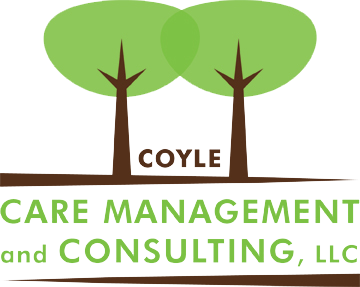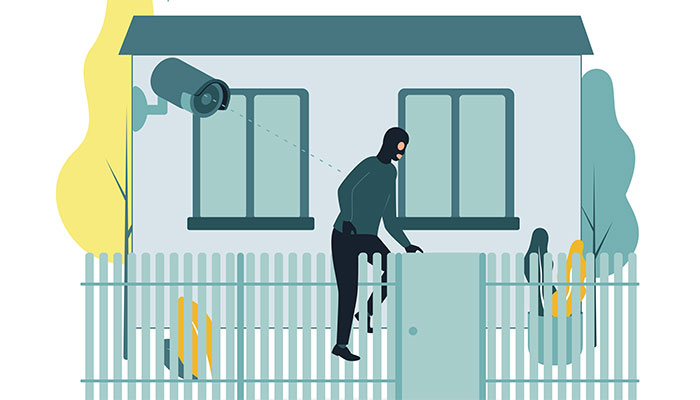
You are a take charge person. You like being in the driver’s seat. It’s your life and you want to be sure you get to live it your way.
Perhaps you cared for your parents and want things handled differently when you reach your own elderhood. Maybe you do not have children and wonder who will help you when you need it. Perhaps you do have children and want to have your independence, make your own decisions.
This blog is for those who want to proactively plan for their later years. Check out our monthly posts for thoughts that can help you decide what will work best for you in terms of housing, paying for care, and meeting life’s challenges as you age.
Want to set up a plan? Call us for a consultation: 920-740-8441










